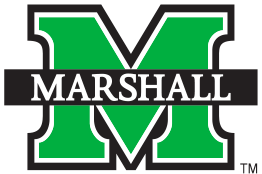Michael Martin
Project Reflection:
- Something I learned about the technical aspects of conducting an oral history interview is suppressing your urge to speak. Knowing that it is not a conversation was just one of those things about an interview that you do not think about, so actively having to learn that was interesting. What I found most challenging was writing questions that I felt good about using in the interview. When I was writing the questions, I felt like they were too basic and not good enough of questions, so getting to point where I approved of my questions was difficult. The aspect that I most enjoyed was the interview itself. Just sitting down with someone and hearing their story was a really positive experience.
- I learned about how long in the making the teacher strike really was. When I was going through it as a student, I did not really get the full story of the true build up to the strike, so it just felt like it came out of nowhere, but after listening to someone talk about it from a teachers point of view, it really put things into perspective.
- Conducting an oral history interview was a very pleasing experience. When we first started this module conducting an interview like that felt very academic in a sense, and because of that felt like something that a freshmen in college wouldn’t be able to do very well, so actually conducting one felt very fulfilling, especially near the end when my interviewee told me I had done a good job.
- This assignment very much fulfills the definition of inquiry based thinking, because as an interviewer, we had to collect data about the topic of our interview, then evaluate the existing knowledge that we collected from that data, draw conclusions about our interview topic, and finally use the conclusions we drew to formulate questions to ask the person we a interviewing, all of which fall under the definition of inquiry based thinking.
- I think spending a little more time looking at professional oral histories would improve this assignment, as I feel students learn better through example.
- What I would tell future students is to start this project early. The hardest part of this project is the formalities, finding a person to interview, asking them if you can, getting them to sign their consent form, preparing questions. Once all that is done, you can do the easy part, which is the interview itself.
Listen to the oral history interview:
StoryCorps URL: https://archive.storycorps.org/interviews/fys-interview-about-the-theme-of-protest-with-jessica-salfia-by-michael-martin/

